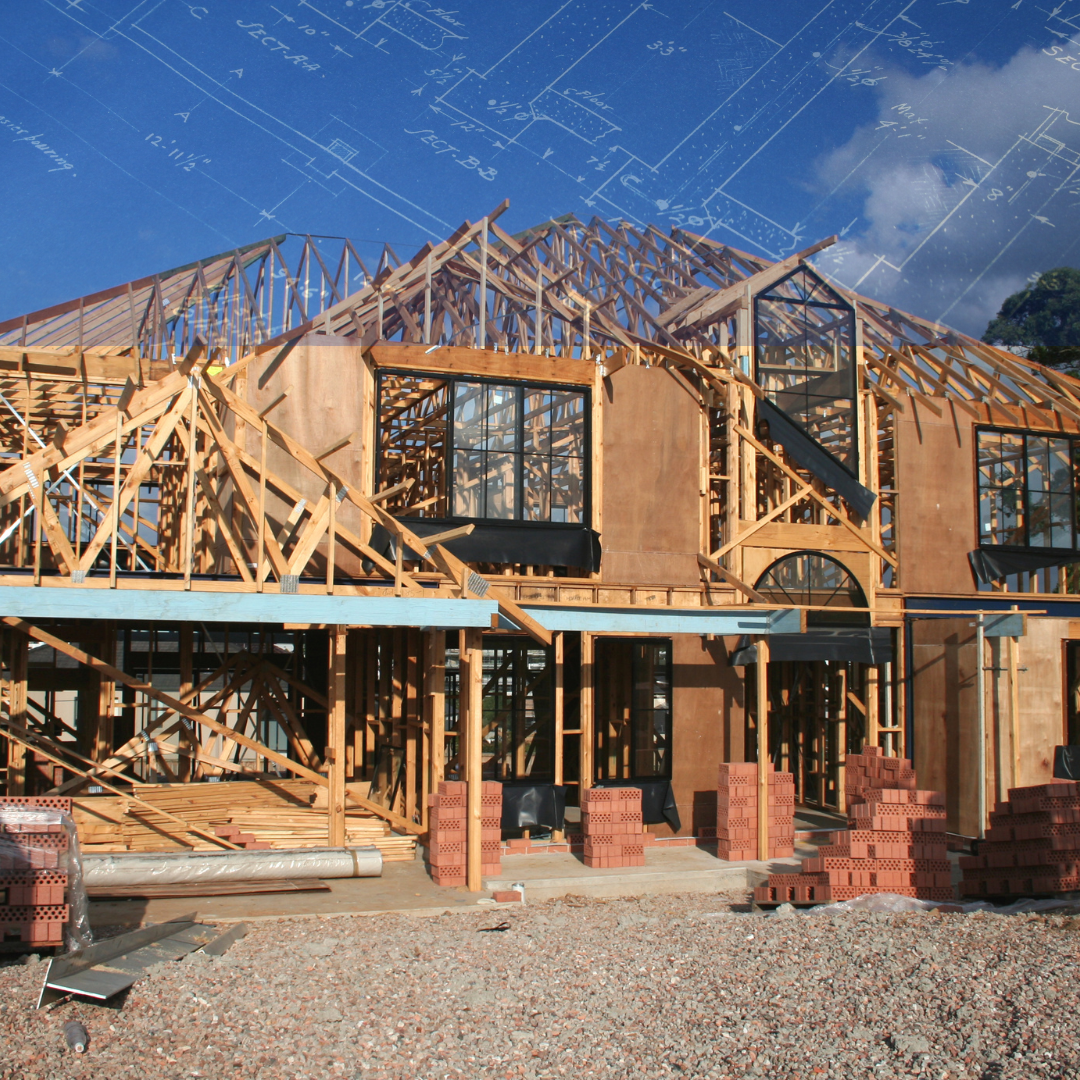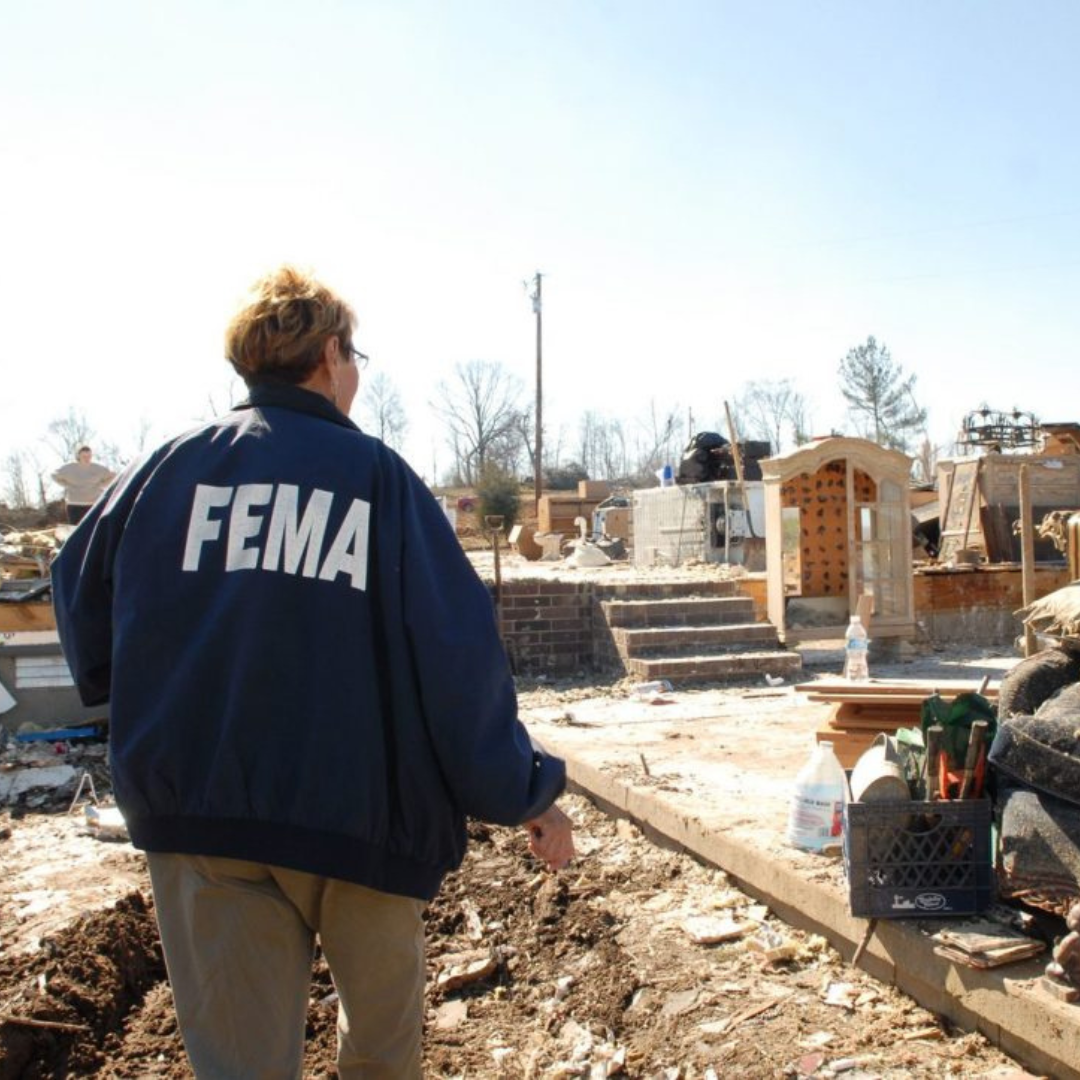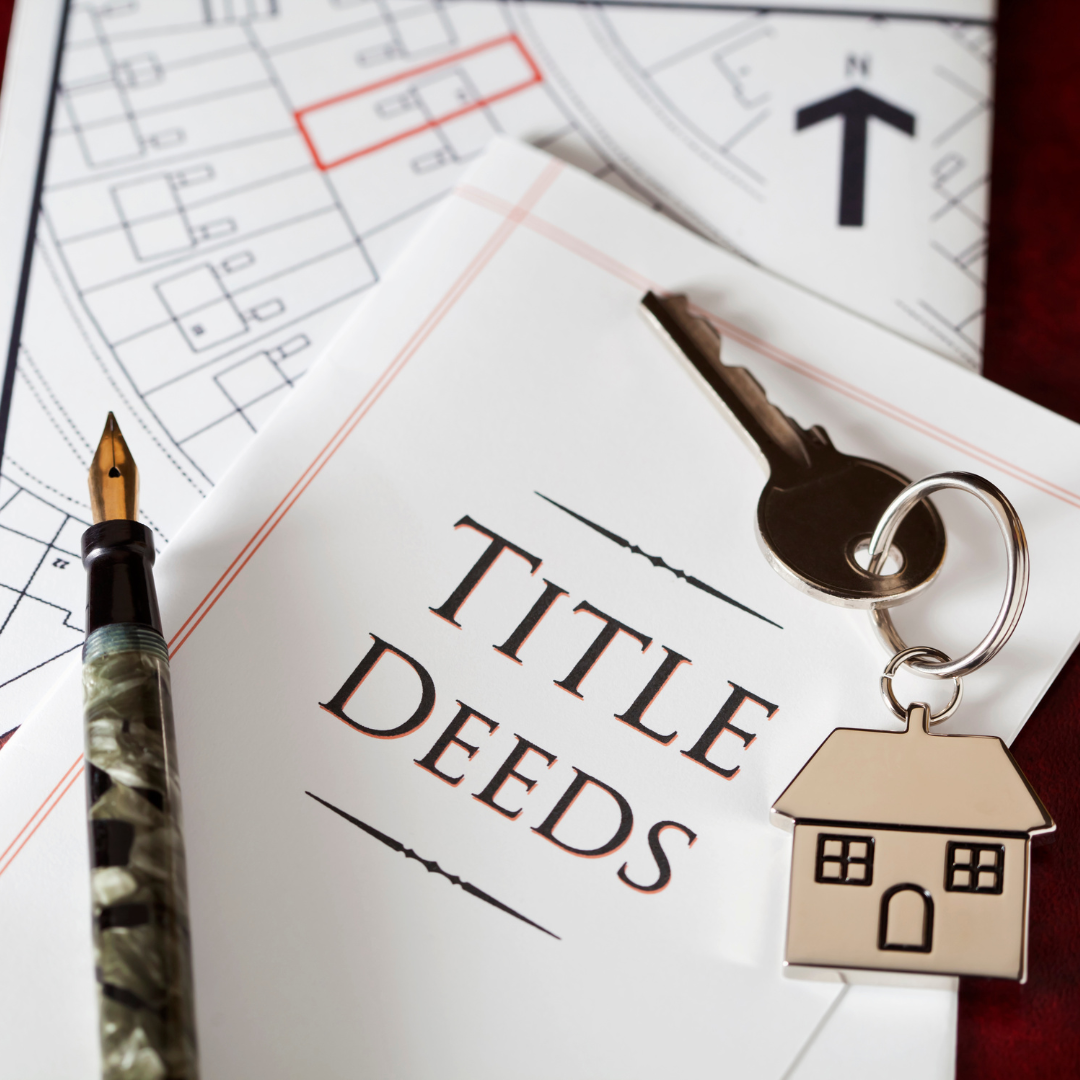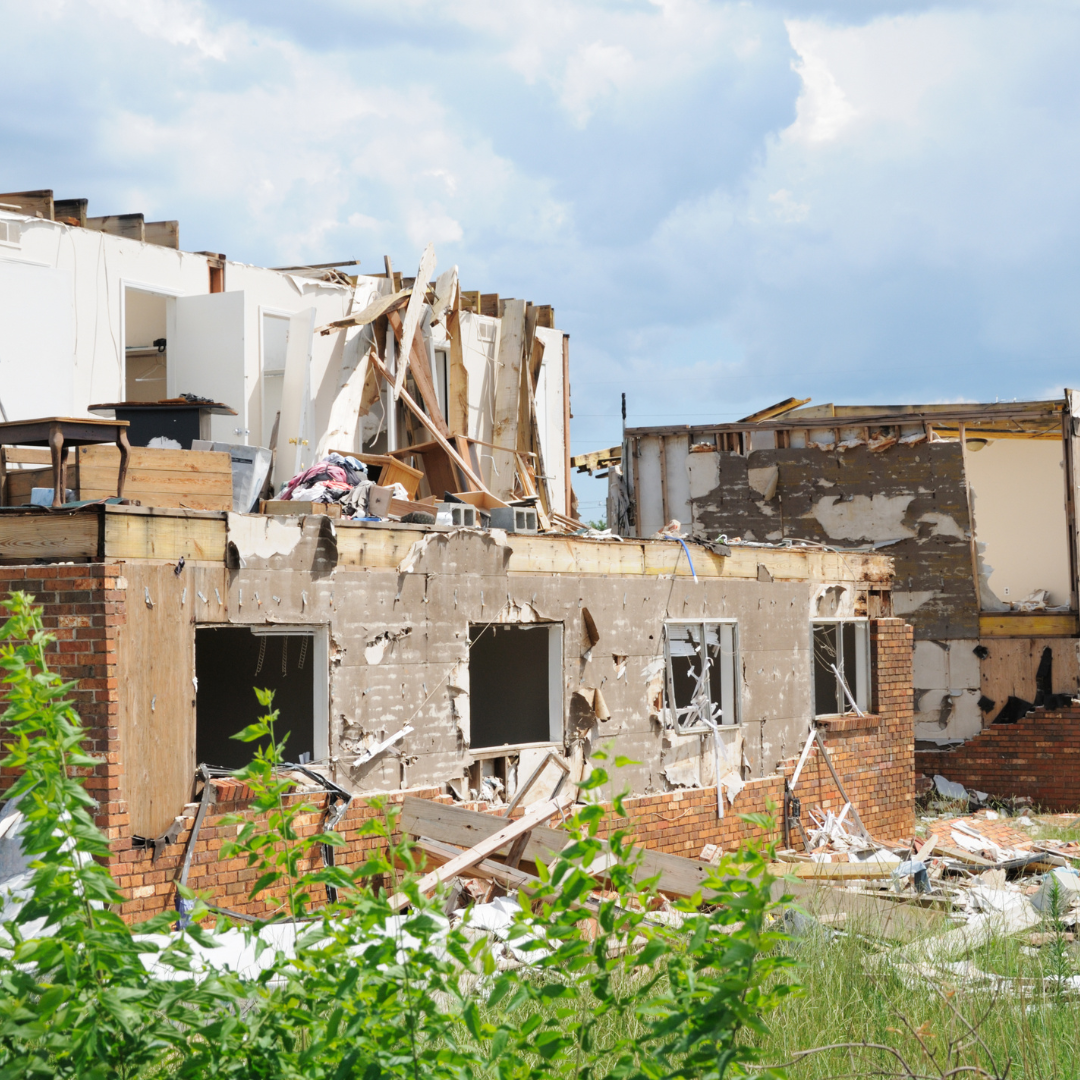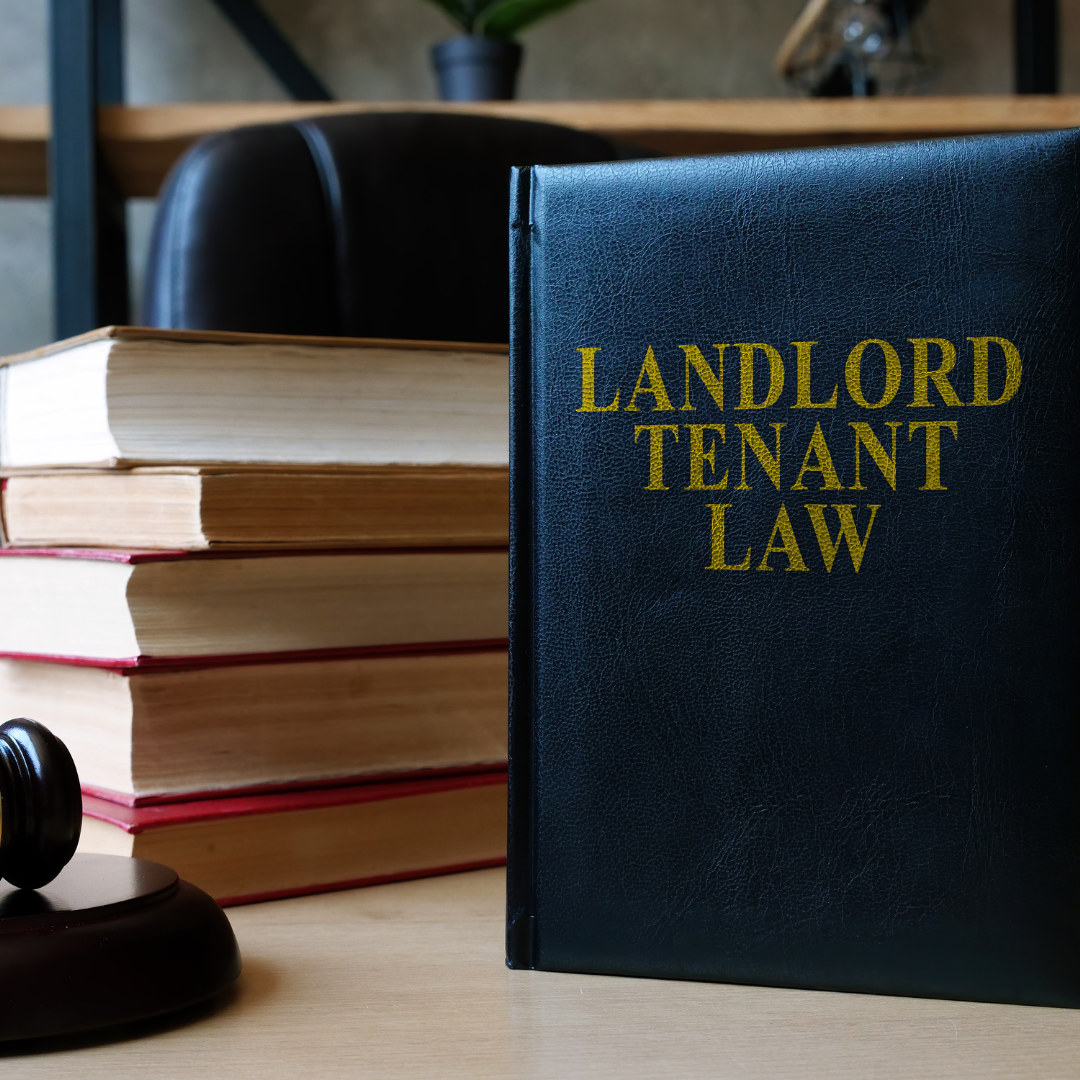All About Housing Issues for Arkansas Tornado Survivors
Many of us have seen the damage left behind by the tornados that swept through Arkansas on March 31st. I will try to answer many of the questions that survivors of recent tornados have about their housing. I will talk about issues for homeowners and renters. If you still have legal questions about your specific situation, please call the Center for Arkansas Legal Services at (501) 376-3423 to learn more.
Anyone in Pulaski, Lonoke, or Cross County who needs temporary housing because of the tornado should call the American Red Cross of Arkansas at 1-800-RED-CROSS (1-800-733-2767). They may be able to connect you with a hotel voucher or other temporary housing. The Arkansas Realtors Association also offers grants of up to $2,000 to pay for housing expenses through its Hearts & Homes program.
How do I pay for repairs to my home from the tornado?
First, you should make a claim with your homeowner’s insurance about the damage. Second, you should make a claim with FEMA to try and pay for any repairs that are not covered by insurance. You can apply for FEMA benefits by visiting www.disasterassistance.gov or calling them at 1-800-621-3362. Finally, the U.S. Small Business Administration (SBA) offers low-interest loans of up to $200,000 to homeowners to repair or replace their homes. I strongly encourage people to look into all of these options before using a private loan or credit card to pay for home repairs.
What kind of housing help is there through FEMA?
FEMA may be able to pay for temporary housing or give you money back for housing that you must rent due to a disaster. FEMA may also pay for home repairs from a disaster that are not covered by insurance. In a worst-case problem, they may even be able to pay to buy a new home. FEMA can pay to build a new home, although I understand that doesn’t happen a lot. You can apply for FEMA benefits by visiting www.disasterassistance.gov or calling them at 1-800-621-3362.
I was told that I don’t have a “title” to my house when I applied for money to fix it up after the tornado. What does that mean, and what do I do?
If you have a “title” to something, that means that you legally own it. This is a common problem after a disaster. Many people live in homes that have been in their families for years. After the homeowner dies, they may move into the house with the family’s agreement but without going through any legal process to change who owns the home. We call this “heir’s property.” Usually, the government will not pay to fix your home after a disaster unless you have a title to it. The Center for Arkansas Legal Services offers free estate planning to low-income Arkansans to stop this from happening. A “beneficiary deed” (sometimes called a “transfer on death deed”) can be helpful here. If this has already happened to you, I strongly encourage you to get an attorney rather than try to do it yourself because these issues can be legally confusing. If You would like to apply for free legal services, call us at (501) 376-3423.
My apartment was destroyed by a tornado. I can’t live there. My landlord says I owe rent for the rest of my lease. This doesn’t sound right to me. Do I still owe rent?
No, probably not. You should ask your landlord if they will just let you out of your lease. You have some options if they will not agree to do that. I strongly advise you to seek out an attorney at that point. There are free attorneys for Arkansans having housing issues because of the recent tornado who meet our income limits and other requirements.
It is my position that Arkansas renters or tenants do not owe rent for homes that are no longer livable. They should not owe rent for homes that no longer exist. However, this is not as clear as you might think. Arkansas has some different laws on this point.
No matter where you are in the United States, you must follow a combination of city, state, and federal laws. There are also different types of laws: “Common law” created by courts, statutes passed by legislatures, and rules and regulations from government agencies. Things get messy when these laws battle each other.
Most cities have their own laws about health and safety standards in housing. Renters and others may call the city to complain about a building that is not “up to code.” Cities then send out code officers to look at the building. If appropriate, the city will warn, fine, and sometimes prosecute property owners for unsafe conditions. They may put down unsafe buildings. However, renters usually cannot enforce city building codes against landlords in court. Code issues are usually between the city and the property owner.
Arkansas landlord-tenant law is unique in many ways. One is that our state law gives renters little to no protection from unsafe living conditions. However, it does allow renters to break their leases and move at their own expense when their homes are unsafe.
Arkansas courts have recognized “the implied covenant of quiet enjoyment” for decades. Someone who rents a home should be able to use that structure as a home. If the landlord fails to do something (such as make repairs) that greatly affects the renter’s ability to use or enjoy the home, the renter can usually break the lease and move at their own expense. This does NOT allow a renter to stop paying rent while living in the home. This right is an “implied covenant” because it is implied into leases even though it is not written down in the lease. However, a renter could agree to waive this right in a lease. This right, under common law, does not require a renter to give the landlord written notice by certified mail or 30 days to make repairs.
In 2021, the Arkansas General Assembly passed a law called “Implied Residential Quality Standards” that can now be found at A.C.A. § 18-17-502. It sets out basic health and safety standards in housing, such as running water (hot and cold), electricity, a functioning roof, and more. If a building does not meet these standards, the renter is to give the landlord written notice by certified mail. If the landlord does not repair the conditions in 30 days, the renter can end the lease early and move out at the tenant’s own expense. This only applies if the renter is current on rent. It also does not apply to “act[s] of God” and “other force majeure events.” This means that this law would not help a tornado survivor.
There seems to be a conflict between the common law implied covenant of quiet enjoyment and the new Implied Residential Quality Standards created through A.C.A. § 18-17-502. So which law are we supposed to follow?
I believe that the implied covenant of quiet enjoyment is created by the court’s controls here.
Here is why:
It is a principle of statutory construction that a statute will not be construed as overruling a principle of common law unless it is made plain by the act that such a change in the established law is intended. It has long been the rule in this state that a statute will not be taken in derogation of the common law unless the act itself shows such to have been the intention and object of the legislature.
White v. State, 290 Ark. 130, 133, 717 S.W.2d 784, 786 (1986). There is no language in A.C.A. § 18-17-502 to suggest that the Arkansas General Assembly meant to take away any renters’ rights under common law. In fact, there was even some legislative testimony that they did not mean to take away any renters’ rights under common law.
We are left with our common law implied covenant of quiet enjoyment intact but a statute on the books that seems to be unenforceable. However, I think that most judges would still expect a renter to give their landlord notice of any serious issues and a reasonable opportunity to repair them before the renter could get out of the lease.
Renters in income-based housing funded by the federal government actually have a lot of rights to decent, safe, and sanitary housing under federal law.
As you can see, these issues are more complicated than you might expect. If you are having a dispute with your landlord related to the recent tornado, I encourage you to call an attorney. If you would like to see if you qualify for our free legal services, call us at (501) 376-3423 or apply online at www.arkansaslegal.org so that an attorney can advise you on your specific situation.
AUTHOR: KENDALL LEWELLEN, STAFF ATTORNEY FOR THE CENTER FOR ARKANSAS LEGAL SERVICES


